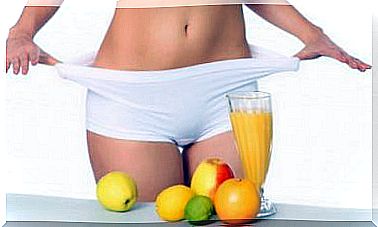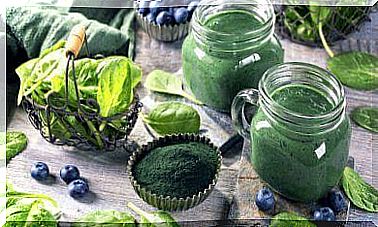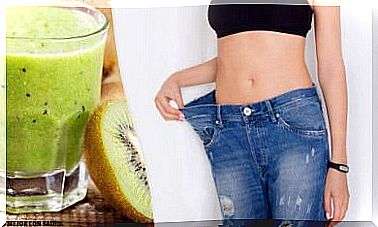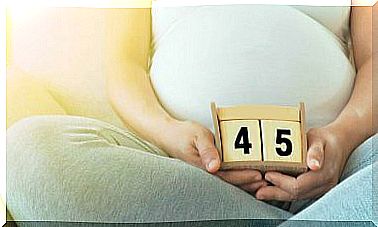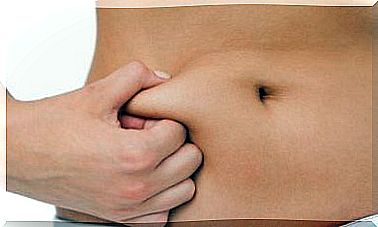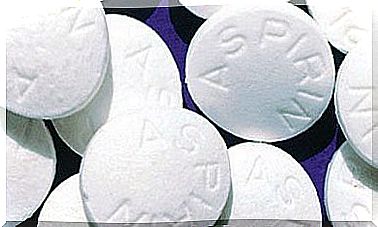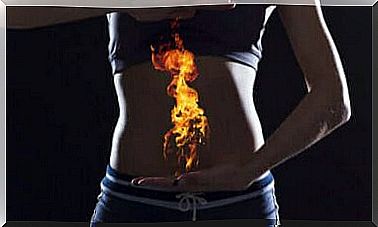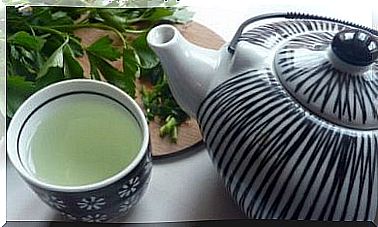4 Toxic And Dangerous Foods For A Small Baby
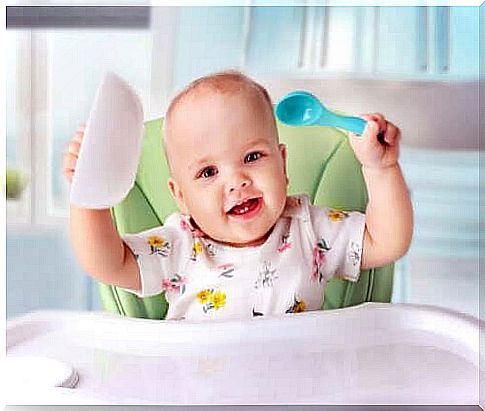
A baby’s sensitive stomach is unable to filter certain foods. The normal digestive process produced by the adult digestive tract differs from the digestion of a small child in that most babies are not yet ready to digest certain foods during the first months of their lives. So let’s find out what is dangerous food for a small baby!
From the moment a baby arrives in the world and begins to develop, he will most certainly want to taste all the interesting dishes that can be found on a parent’s plate or within reach. This can get parents to add new foods to their baby’s diet, but at the same time, we need to be aware that not all foods are healthy and nutritious for a small baby. In fact, some of them are even considered toxic and dangerous to babies.
In addition, keep in mind that the health benefits of maternal breast milk are usually perfectly adequate to cover all of a baby’s nutritional needs.
Foods that are considered toxic and dangerous should be completely eliminated from the baby’s diet. At the same time, these foods should be supplemented with foods that contain calcium in particular, as they support the development of the baby’s skeleton and, above all, help to form important functions in the baby’s body and build a stronger nervous system.
If you still don’t feel well about what is dangerous food for your little baby, don’t worry too much yet. We’ve put together for you a comprehensive list of four foods that should be avoided giving your baby, especially during the first few months, to prevent many diseases.
4 toxic foods for a small baby
1. Fruit juices and soft drinks
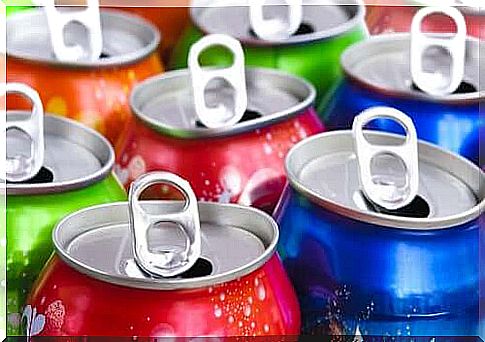
It’s true that juices are made from fruit, but that doesn’t always mean they’re healthy. For example, the fiber contained in fresh fruit is almost completely lost during the production of juices, leaving only a huge amount of sugar.
Juices can also cause diarrhea in some babies depending on the condition of the baby’s stomach and other nutritional factors. In other words, it would be best to limit their consumption, especially for small babies.
By the way, don’t believe the claims of many juice manufacturers that babies in particular would need those fruit juices because of their high vitamin C content. Babies between the ages of 6 and 12 months can already consume small amounts of water, but breast milk or infant formula should be the main drink in the baby’s diet.
2. Processed meat products (sausages and sausages)
Hard, sticky and slippery as well as large round pieces of food are especially dangerous for small children, as they can easily get stuck in the esophagus and suffocate the child (for example, raw carrots).
Therefore, do not give your child sausages, sausages, large pieces of meat or cheese, whole grapes, corn kernels, hard or raw vegetables, nor nuts and seeds.
When you start offering your baby the right food that he or she can eat with his or her own fingers, first make sure these foods are cut into easy-to-swallow, small pieces.
It is also important to know that babies should follow a fairly strict diet, preferably with all foods combined with nutrients available during breastfeeding.
3. Sugar (although it may sound obvious)
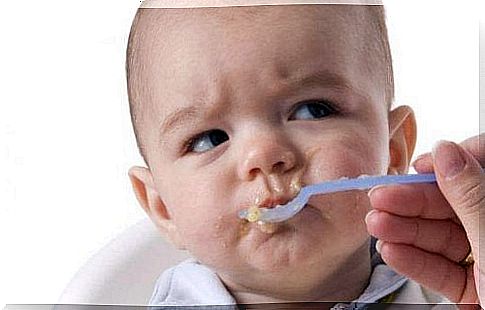
Giving sweet foods can affect a small child’s blood sugar levels and cause tooth decay. Parents who voluntarily give their children sugary foods behave irresponsibly.
Remember that a baby’s sense of taste is in a state of constant change, and through it they experience different tastes and aromas. Babies have a natural tendency to sweet foods, as the taste of breast milk is also somewhat sweet for the baby.
At the same time, however, the contraindications to sugar and the consumption of sugary products such as sweets, caramels, soft drinks, desserts and smoothies can cause serious illnesses and sleep disorders in the baby.
Sugar on the right scale should not be considered bad, you just need to remember that your baby’s nutrition should consist entirely of just a few important foods that the mother can already find. These are:
- Breast milk
- Water
Altering or altering these nutritional values degrades the quality of food and results in the child being given more and more sugary portions of food. This can cause the child, among other things, cognitive impairment, fruit and vegetable avoidance, and, of course, numerous visits to the pediatrician and dentist’s office (cavities, tartar, gingivitis, etc.).
4. Desserts (even jelly is not included in the list)
Most jellies are made almost entirely of sugar, food colors, artificial flavors, and a small amount of gelatin, which gives this popular dessert its jelly-like composition.
Home-made jellies (using fruit juice) eliminate artificial additives, but still it consists mainly of fruit juice and sugar alone. If you take a quick look at the previous paragraph where we explain the dangers of sugar, you will quickly understand why you should avoid giving these desserts to your baby.
It is true that jelly is easy for the baby to swallow, but among the various recipes, there are plenty of other delicious desserts with which you can pamper your child from time to time, while ensuring that the child’s holistic diet is healthy and balanced. One great example of a delicious dessert for your baby is:
- Puree the oven-baked apple and sprinkle a little cinnamon on it.
- This dessert is naturally sweet and in addition is rich in fiber, vitamins and a delicious creamy composition that is easy for the baby to swallow.
We hope you keep all of the above foods in mind when compiling your baby’s diet and always consult your pediatrician if you have any questions or concerns. Also, ask for advice on when you should start adding normal food to your baby’s diet. At the same time, you should also find out what these foods are and how they fit your baby.

